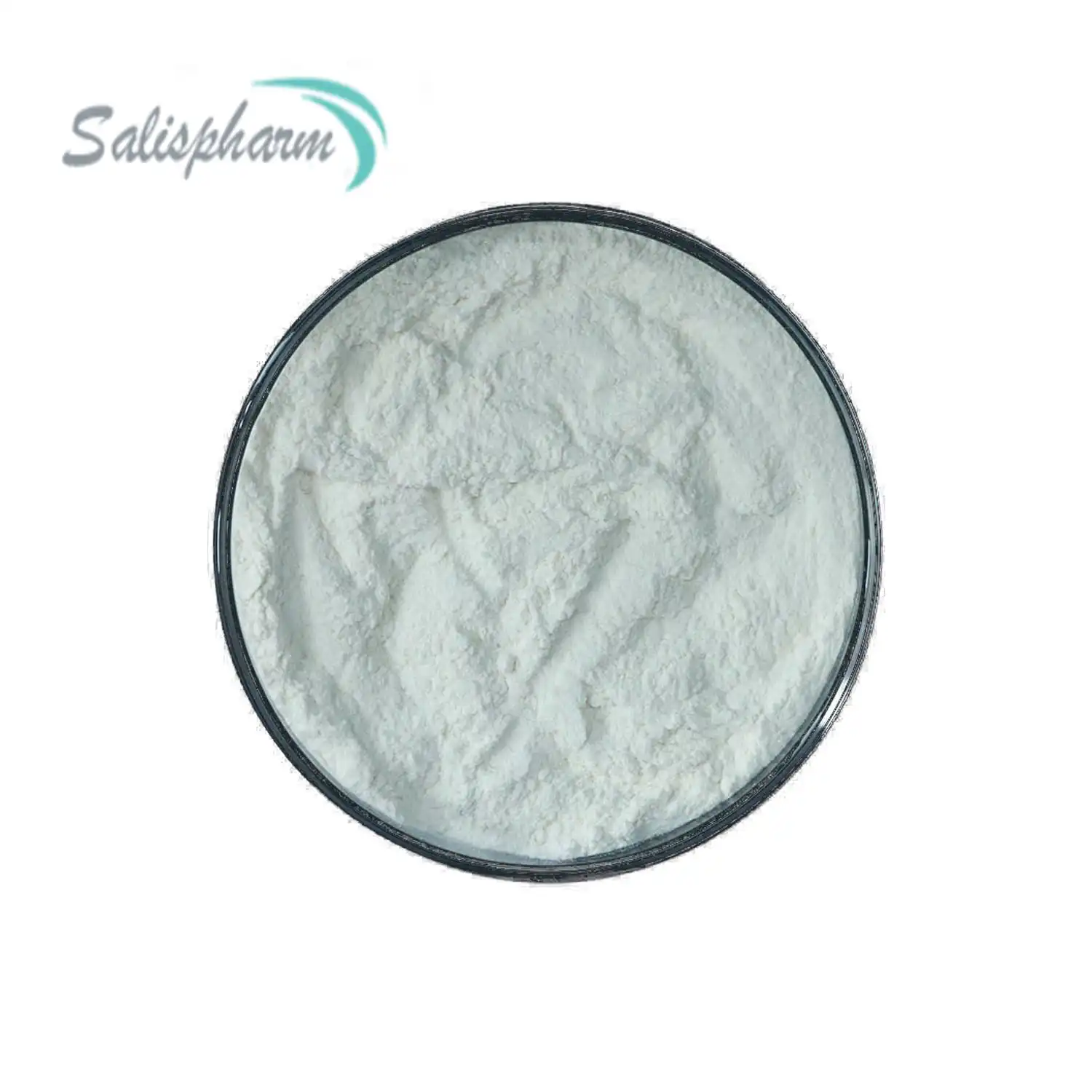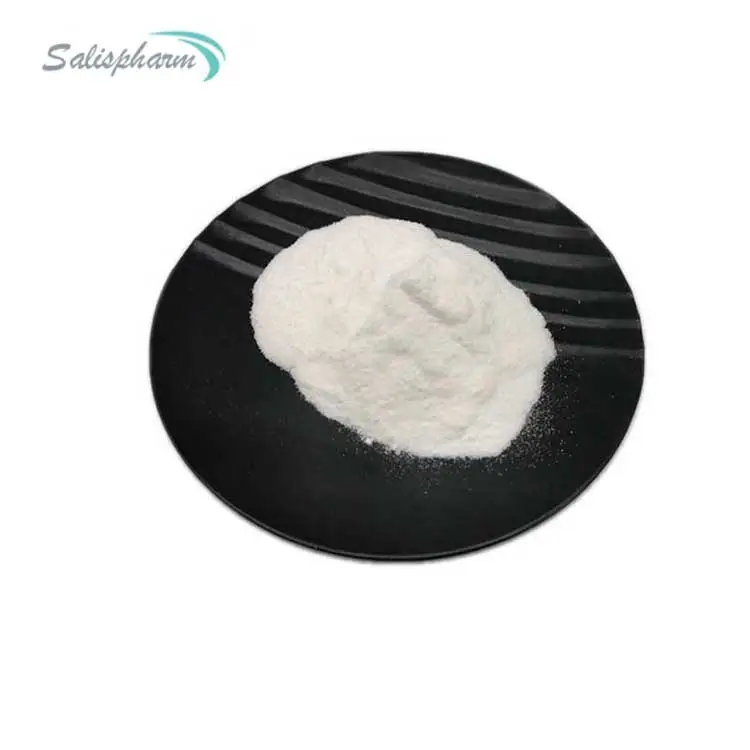Aspirin, a widely available over-the-counter medication, has been a popular choice for pain relief and fever reduction for decades. However, the question of whether it is safe to take aspirin daily for pain management has been a subject of ongoing debate. While aspirin can be effective in alleviating various types of pain, its prolonged use may carry potential risks and side effects. In this article, we will explore the safety considerations, potential side effects, and alternative options for those seeking chronic pain relief.
What are the Side Effects of Daily Aspirin Use?
Aspirin, or acetylsalicylic acid, is a nonsteroidal anti-inflammatory drug (NSAID) that works by inhibiting the production of prostaglandins, which are responsible for inflammation, pain, and fever. While aspirin can provide relief for various types of pain, including headaches, menstrual cramps, and arthritis, its daily use may lead to undesirable side effects.
One of the most common side effects of daily aspirin use is gastrointestinal discomfort, such as stomach pain, nausea, and indigestion. Aspirin can irritate the lining of the stomach and intestines, potentially leading to ulcers or bleeding in the digestive tract. This risk increases with higher doses and prolonged use. Elderly individuals and those with a history of gastrointestinal issues may be particularly vulnerable to these side effects.
Additionally, aspirin can increase the risk of bleeding, especially in individuals with bleeding disorders or those taking certain medications, such as anticoagulants or corticosteroids. Excessive bleeding can occur in various parts of the body, including the brain, which may lead to life-threatening conditions like hemorrhagic strokes. Prolonged use of aspirin may also increase the risk of developing anemia due to chronic blood loss.
Other potential side effects of daily pure aspirin powder use include tinnitus (ringing in the ears), kidney problems, and an increased risk of developing Reye's syndrome, a rare but serious condition that primarily affects children and adolescents recovering from viral infections. Reye's syndrome can cause swelling in the liver and brain and can be fatal if not treated promptly.
Aspirin may also interact with certain medications, such as blood thinners (e.g., warfarin), corticosteroids, and antidepressants, potentially increasing the risk of side effects or reducing the effectiveness of these medications. It is crucial to consult with a healthcare professional before taking aspirin daily, especially if you are already taking other medications.
Can Aspirin Cause Bleeding or Ulcers?
One of the major concerns associated with daily aspirin use is the increased risk of gastrointestinal bleeding and ulcers. Aspirin works by inhibiting the production of prostaglandins, which play a protective role in the stomach lining. By reducing prostaglandin levels, aspirin can make the stomach more susceptible to the damaging effects of its own acid, potentially leading to ulcers and bleeding.
The risk of developing aspirin-induced ulcers and bleeding is higher in individuals with pre-existing conditions such as peptic ulcer disease, Helicobacter pylori infection, or those taking other medications that can irritate the stomach lining, such as corticosteroids or certain antibiotics. Additionally, individuals with a history of gastrointestinal bleeding or ulcers may be at an increased risk of recurrence when taking aspirin powder regularly.
To mitigate the risk of gastrointestinal complications, it is essential to take aspirin with food or milk, as this can help buffer the stomach acid and reduce irritation. Additionally, using enteric-coated or buffered aspirin formulations may help minimize the risk of stomach irritation. However, it is important to note that these formulations do not entirely eliminate the risk of gastrointestinal side effects.
If you experience persistent abdominal pain, bloody stools, or vomiting blood while taking aspirin, it is crucial to seek medical attention immediately, as these could be signs of a serious gastrointestinal bleed or ulcer. Early detection and treatment can prevent further complications and potentially life-threatening situations.
Are There Alternatives to Aspirin for Chronic Pain Relief?
While aspirin can be an effective pain reliever, it may not be suitable for everyone, especially those at risk of gastrointestinal complications or bleeding disorders. In such cases, exploring alternative options for chronic pain relief may be necessary.
1. Acetaminophen (Paracetamol): Acetaminophen is another over-the-counter pain reliever that can be an alternative to aspirin for mild to moderate pain. It does not have the same anti-inflammatory properties as pure aspirin powder but is generally well-tolerated by the stomach lining. However, it is important to follow dosage instructions carefully, as acetaminophen can cause liver damage if taken in excessive amounts or combined with alcohol.
2. Nonsteroidal Anti-inflammatory Drugs (NSAIDs): Other NSAIDs, such as ibuprofen (Advil, Motrin) or naproxen (Aleve), can be effective for pain relief and inflammation reduction. However, they also carry a risk of gastrointestinal side effects, especially with prolonged use. NSAIDs may also increase the risk of cardiovascular events, such as heart attack or stroke, in some individuals.
3. Topical pain relievers: For localized pain, topical creams or ointments containing ingredients like diclofenac, menthol, or capsaicin can provide targeted relief without systemic side effects. These products can be particularly helpful for conditions like muscle strains, joint pain, or arthritis.
4. Prescription pain medications: In cases of severe or chronic pain, your healthcare provider may prescribe stronger pain medications, such as opioids or other analgesics, depending on your condition and medical history. However, these medications may have their own set of side effects and risks, including addiction and dependence.
5. Alternative therapies: Complementary and alternative therapies, such as acupuncture, massage, or cognitive-behavioral therapy, may be beneficial for managing chronic pain, either alone or in combination with conventional treatments. These approaches focus on reducing pain and improving overall well-being without the use of medications.
6. Lifestyle modifications: Making lifestyle changes, such as maintaining a healthy weight, exercising regularly (as tolerated), and practicing stress-reduction techniques, can sometimes help alleviate chronic pain or reduce the need for pain medications.
It is essential to consult with a healthcare professional to discuss the potential risks and benefits of different pain management options and to find the most appropriate and safe approach for your individual needs. Your healthcare provider can help determine the underlying cause of your pain and develop a comprehensive treatment plan tailored to your specific circumstances.
In conclusion, while aspirin powder can be an effective pain reliever, its daily use should be carefully considered and monitored due to the potential risks of gastrointestinal complications, bleeding, and other side effects. If you require chronic pain relief, it is crucial to discuss alternative options with your healthcare provider and weigh the risks and benefits of each treatment approach. By working closely with your healthcare team, you can find a safe and effective pain management strategy that aligns with your individual needs and medical history.
If you are also interested in this product and want to know more product details, or want to know about other related products, please feel free to contact iceyqiang@gmail.com.
References
1. Antithrombotic Trialists' (ATT) Collaboration. (2009). Aspirin in the primary and secondary prevention of vascular disease: collaborative meta-analysis of individual participant data from randomised trials. Lancet, 373(9678), 1849-1860.
2. Bhala, N., Emberson, J., Merhi, A., Abramson, S., Arber, N., Baron, J. A., ... & Baigent, C. (2013). Vascular and upper gastrointestinal effects of non-steroidal anti-inflammatory drugs: meta-analyses of individual participant data from randomised trials. Lancet, 382(9894), 769-779.
3. Cryer, B., & Mahaffey, K. W. (2014). Gastrointestinal ulcers, role of aspirin, and clinical outcomes: pathobiology, diagnosis, and treatment. Journal of Multidisciplinary Healthcare, 7, 137-146.
4. Lanza, F. L., Chan, F. K., & Quigley, E. M. (2009). Guidelines for prevention of NSAID-related ulcer complications. American Journal of Gastroenterology, 104(3), 728-738.
5. Sostres, C., Gargallo, C. J., Arroyo, M. T., & Lanas, A. (2010). Adverse effects of non-steroidal anti-inflammatory drugs (NSAIDs, aspirin and coxibs) on upper gastrointestinal tract. Best Practice & Research Clinical Gastroenterology, 24(2), 121-132.
6. US Food and Drug Administration. (2021). Over-the-Counter Aspirin and NSAID Medications.
7. Wolfe, M. M., Lichtenstein, D. R., & Singh, G. (1999). Gastrointestinal toxicity of nonsteroidal antiinflammatory drugs. New England Journal of Medicine, 340(24), 1888-1899.
8. American College of Gastroenterology. (2018). Management of Ulcer Complications.
9. National Institute of Diabetes and Digestive and Kidney Diseases. (2020). Peptic Ulcers (Stomach Ulcers).
10. American Academy of Family Physicians. (2019). Pain Relievers: Understanding Your OTC Options.







